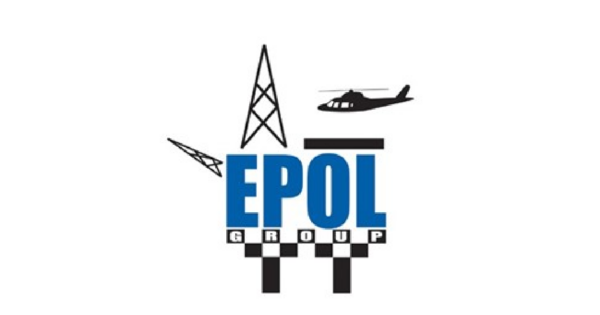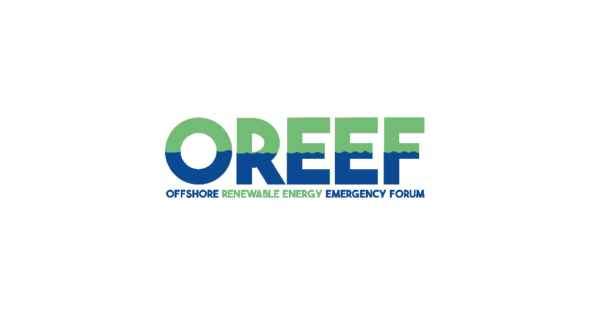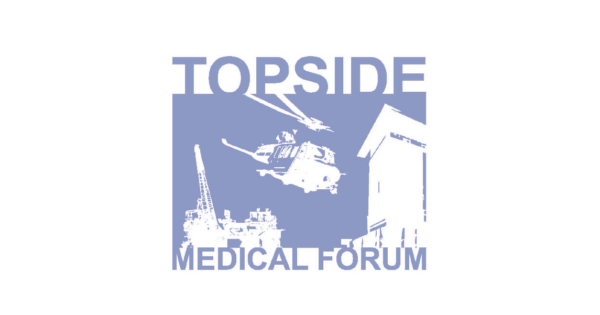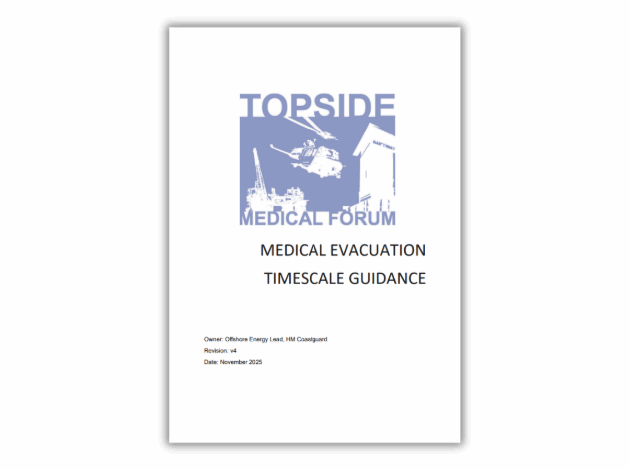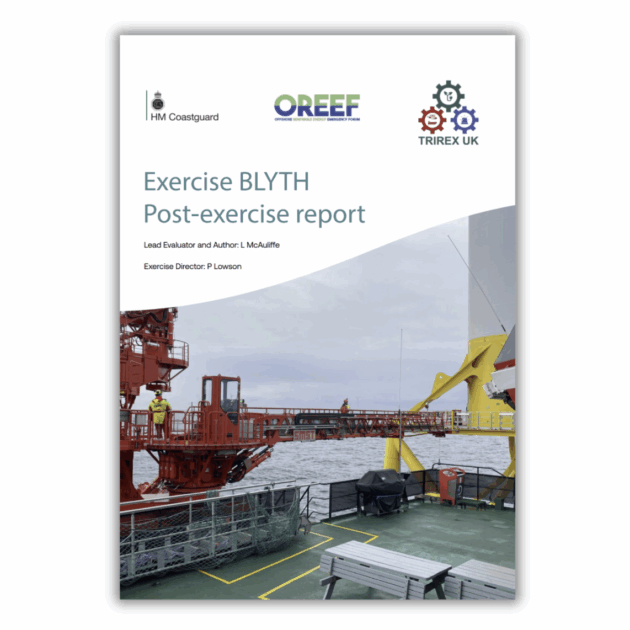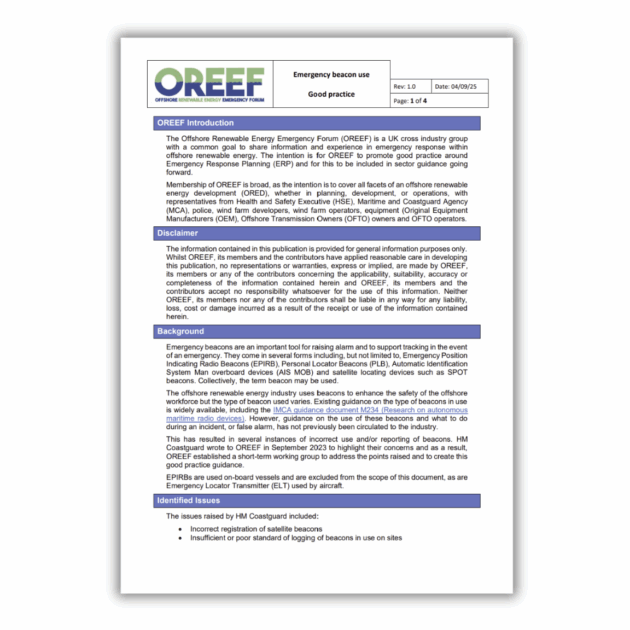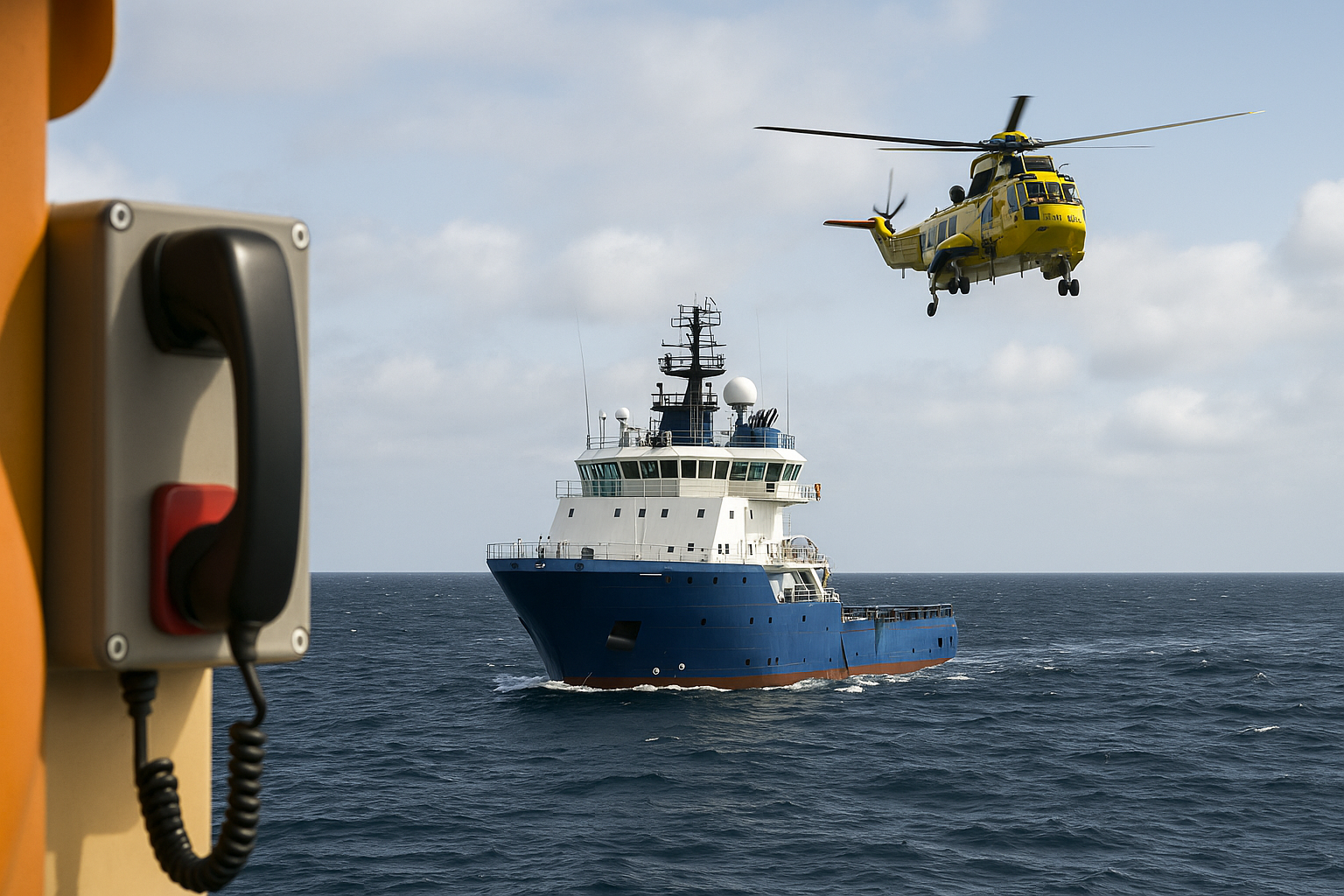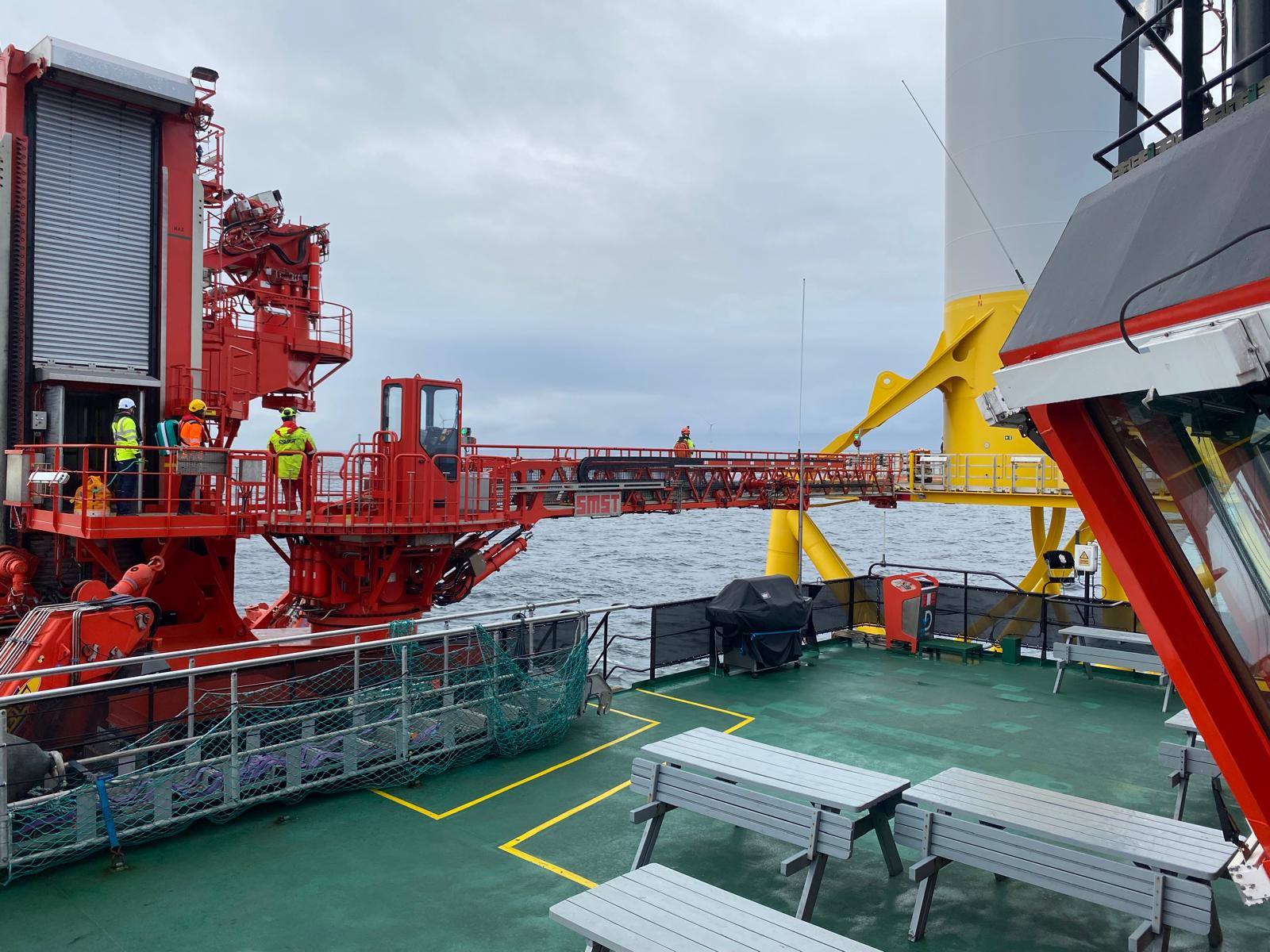
Energy Emergency Response

Safer Offshore Industry
Who We Are
OEER is a UK based collaborative initiative uniting the expertise and learning of the EPOL Group, OREEF, and the Topside Medical Forum in one online resource. Together, these groups work to enhance emergency preparedness and safety across the offshore energy sector, spanning oil, gas, and renewable energy industries, to ensure effective responses to any offshore emergency.
Having a joint online resource allows us to efficiently share good practice, raise the profile of the importance of the individual group’s work and allow improved learning.
EPOL Group
Our Core Objectives
While OEER is not a group or forum in its own right, representatives from each of EPOL, OREEF and TMF come together to maximise the sharing of appropriate information and recognise the following objectives.
Our groups are dedicated to ensuring that the offshore energy sector is equipped to respond effectively to any emergency situation, safeguarding both people and the environment.
By bringing together leaders from across the oil, gas, and renewable energy industries, alongside emergency responders and regulators, we aim to foster a culture of safety and preparedness.
Through our collaborative efforts, we seek to improve emergency response strategies, develop and uphold industry-wide good practice, and promote the sharing of vital knowledge and resources. Our core objectives reflect our commitment to making the offshore energy industry more resilient, proactive, and capable of managing risks in an ever-changing environment.
Our groups and their members aim to train and exercise regularly, sharing lessons across the UK and to identify where these may provide benefit to colleagues and partners overseas.
We are committed to ensuring that the offshore energy sector is fully equipped to handle emergencies, from oil spills to extreme weather events, through rigorous planning and collaboration.
By uniting stakeholders from oil, gas, and renewable energy industries, we promote knowledge sharing and cooperation to improve safety and response strategies across the entire offshore sector.
We work closely with regulatory bodies and industry leaders to establish good practice and standards that ensure a high level of safety and preparedness in offshore operations.
Our goal is to ensure rapid, coordinated response efforts in the event of offshore emergencies, minimizing risks to personnel, the environment, and assets.
We offer access to vital resources, training, and expertise, ensuring that operators and responders are well-prepared to address any offshore emergency scenario.
Measurable Impact
Our commitment to safety and collaboration is backed by tangible results, demonstrating the effectiveness of our initiatives and the broad scope of our efforts across the offshore energy sector.
industry leaders from oil, gas, renewables and emergency services represented in the OEER steering group.
coverage of offshore energy sectors, ensuring comprehensive emergency preparedness.
emergency response exercises overseen annually to enhance sector-wide readiness.
years of continuous collaboration and improvement in offshore energy emergency response strategies.
Recent Publications
-
Published on 1 Dec 2025
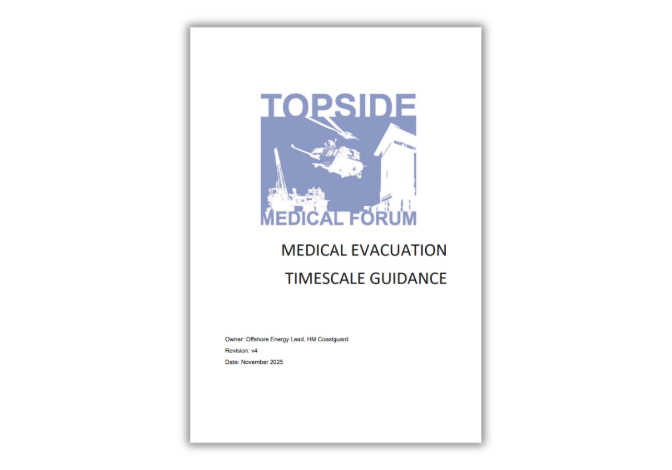 FREE
FREEThe Medical Evacuation Timescale Guidance provides crucial instructions for topside doctors in the offshore energy industry when requesting Search and Rescue (SAR) resources from HM Coastguard for medical evacuations. The document categorizes the severity of illness or injury based on urgency and outlines the appropriate timescales for evacuation.
Quick View -
Published on 18 Oct 2025
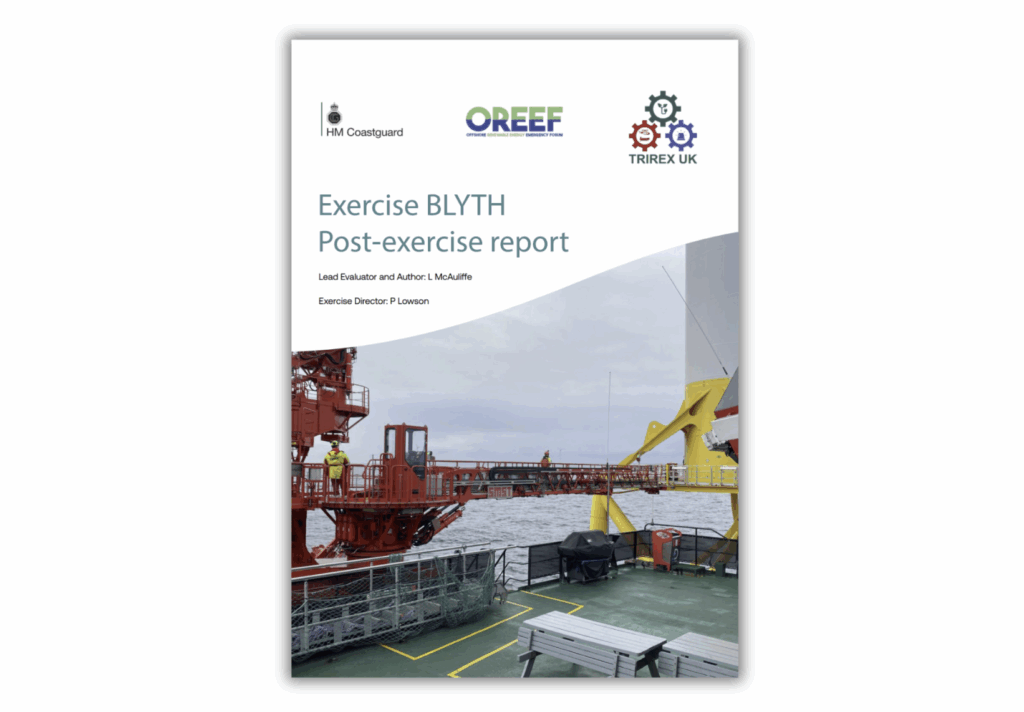 FREE
FREEThis final report presents the findings and recommendations from Exercise Blyth, a large-scale offshore renewables emergency response exercise held in June 2025 and led by the Maritime and Coastguard Agency (MCA), with support from the Offshore Renewable Energy Emergency Forum (OREEF). The exercise tested multi-agency coordination, industry preparedness, and emergency response arrangements across the offshore wind sector.
Quick View -
Published on 10 Sep 2025
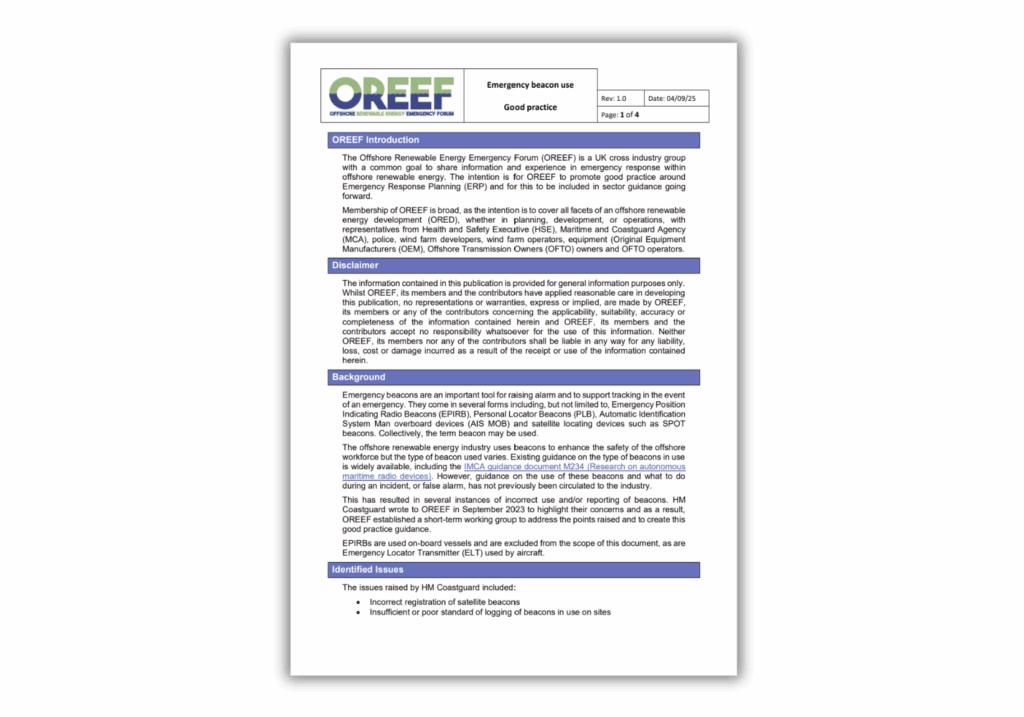 FREE
FREEThis good practice guidance, developed by the Offshore Renewable Energy Emergency Forum (OREEF) in collaboration with HM Coastguard (HMCG), sets out clear recommendations for managing and using emergency beacons in offshore renewable energy operations. It addresses key issues raised by HMCG, including poor registration, logging gaps, and a lack of familiarity with activation procedures, particularly during false alarms or incidents.
Quick View
Get in Touch with OEER
Have a question or need more information about offshore energy emergency preparedness? We’re here to help.
Each of our groups have individual contact points, however, you can use this form to reach our steering group who can redirect your enquiry as required.
Whether you’re looking to collaborate, access our resources, or discuss specific emergency response strategies, feel free to reach out. Our team is ready to assist and provide the guidance you need.


